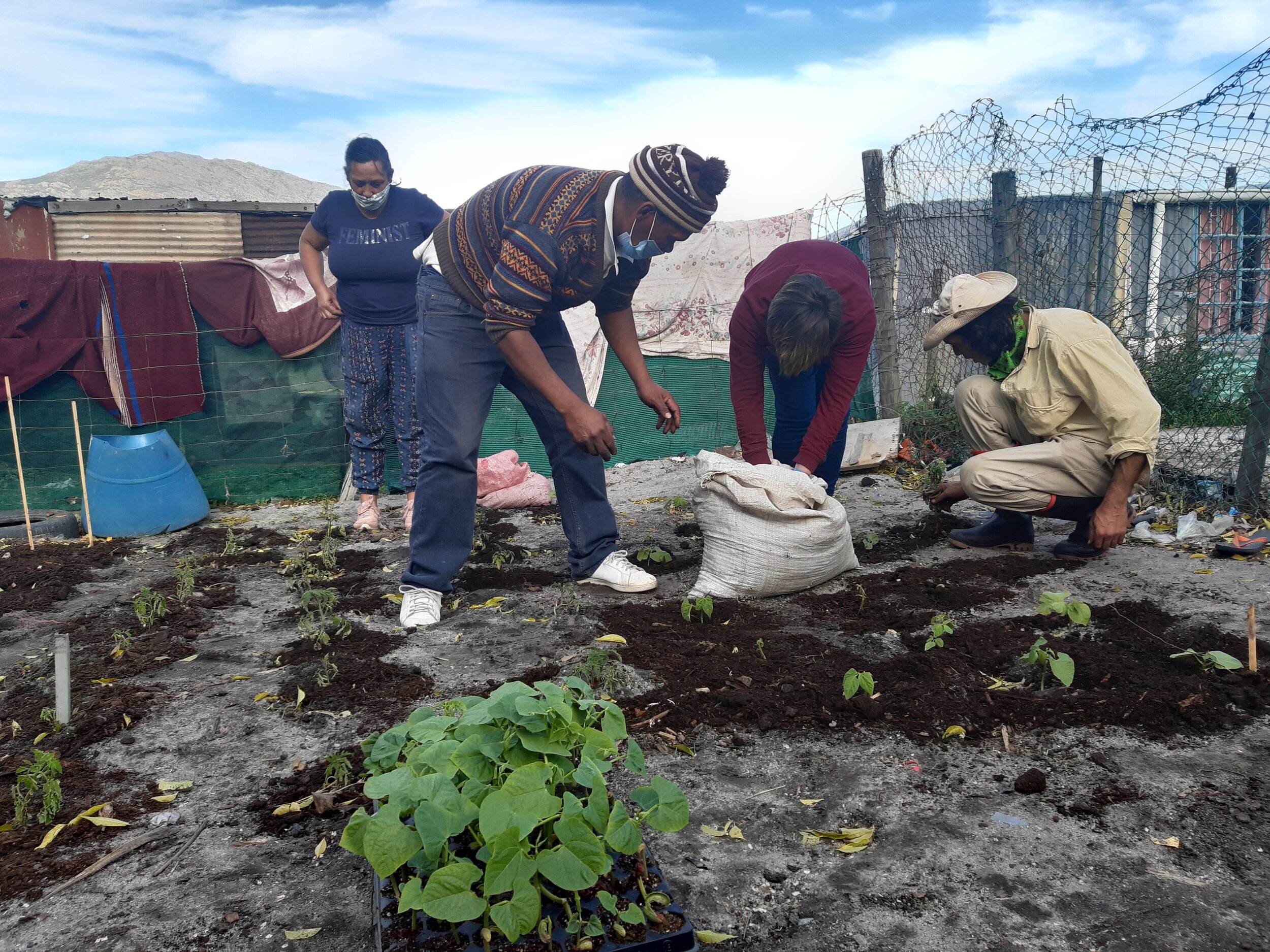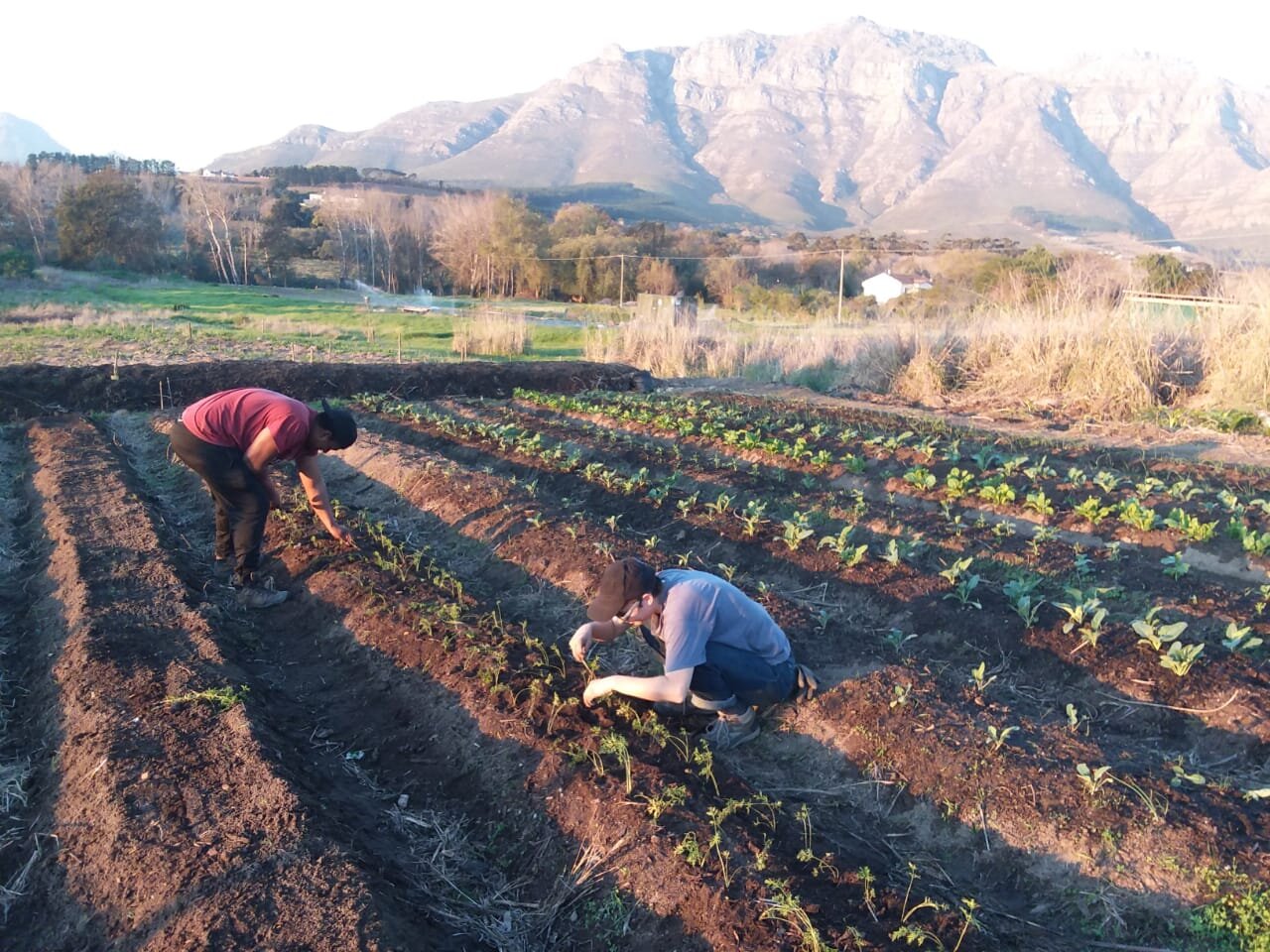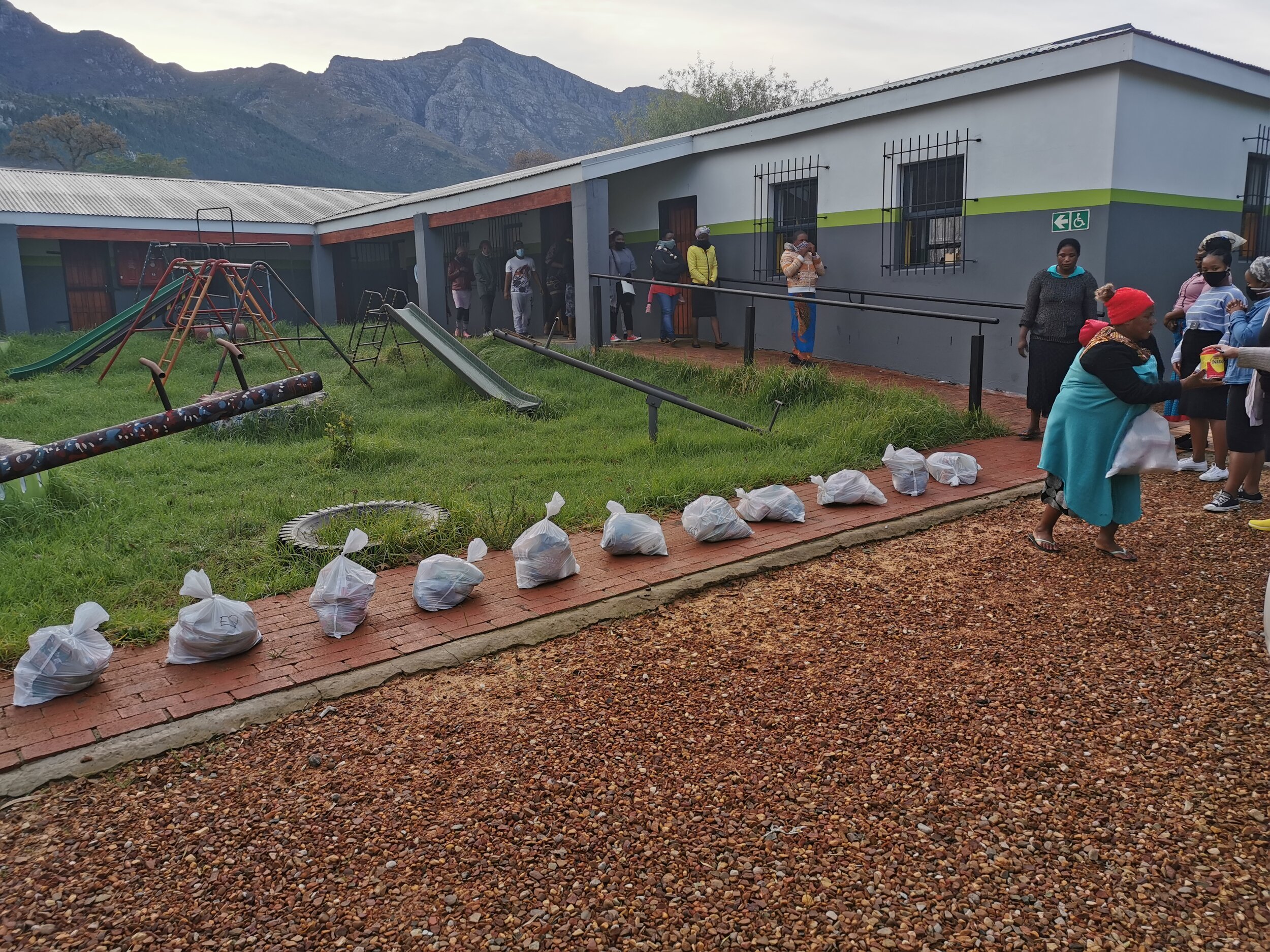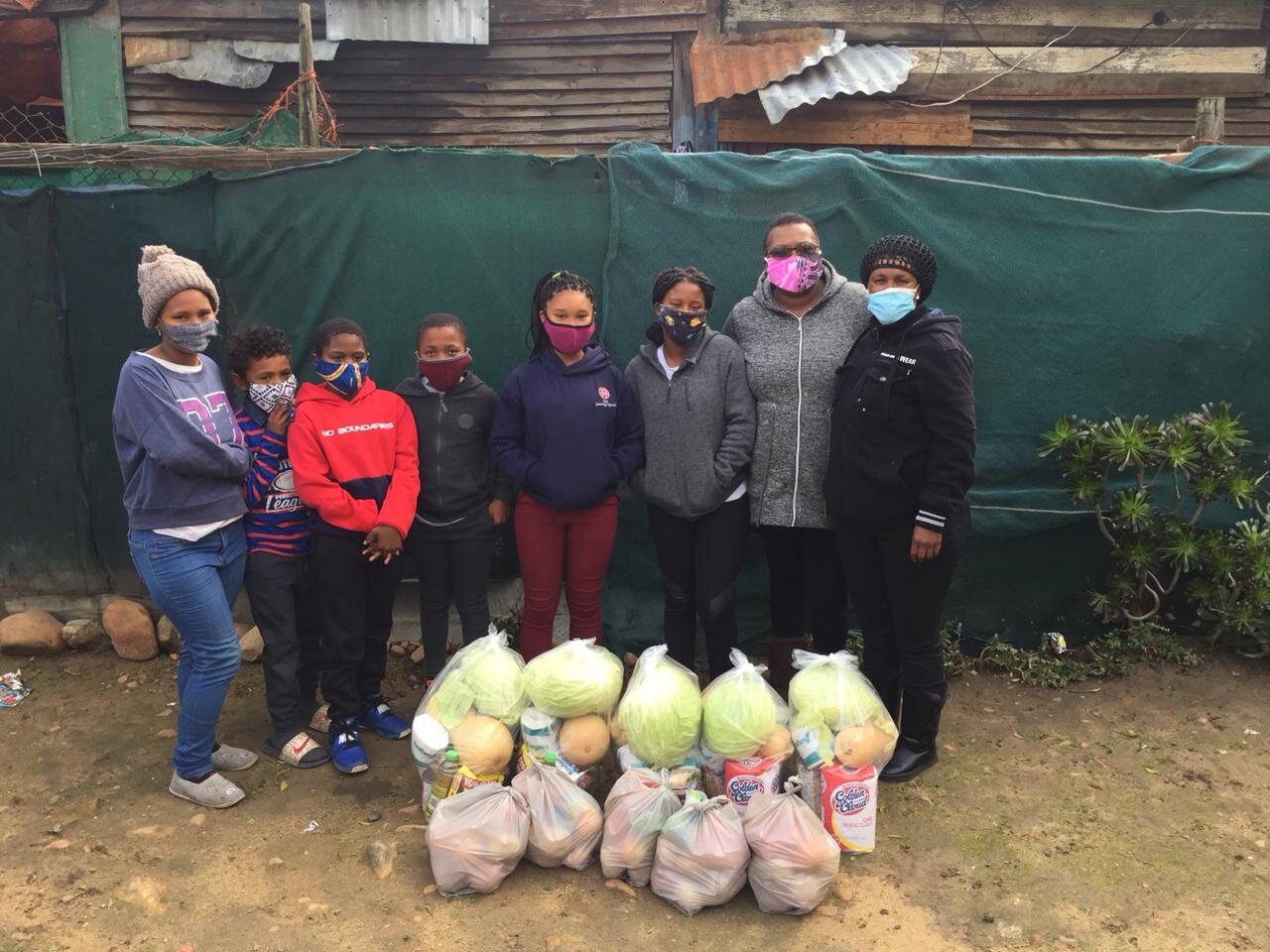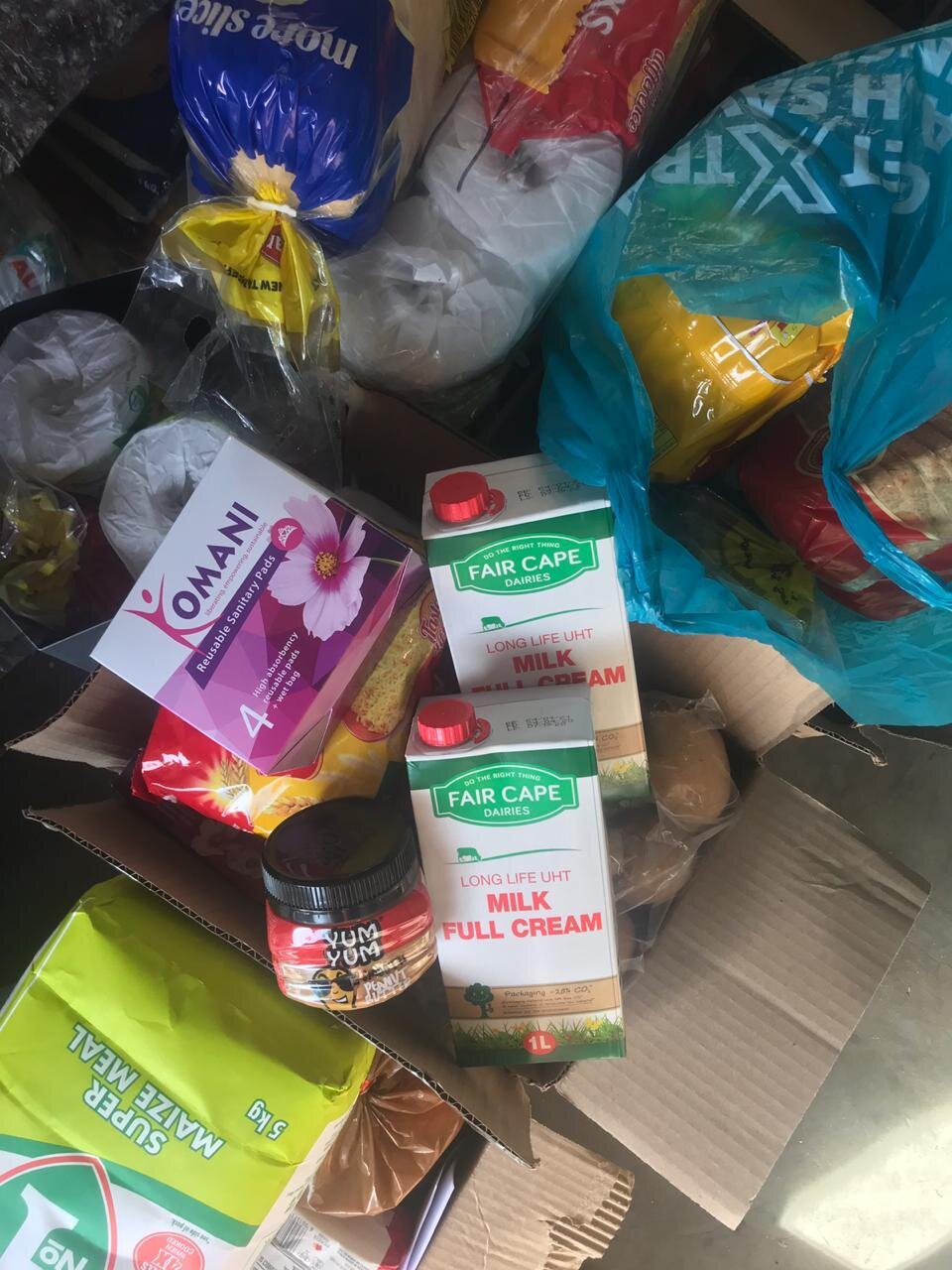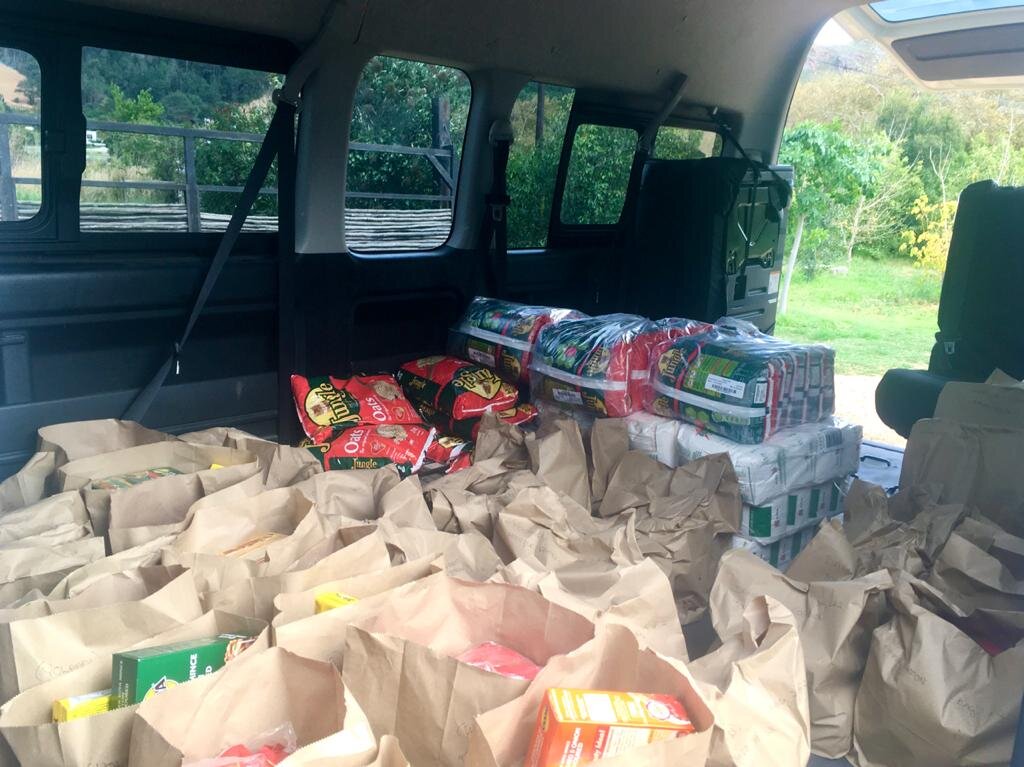A New Space for Learning
With the outbreak of Covid-19, which has drastically interfered with education, health, and has changed methods of communication. Adaptive thinking towards the educational projects will have to include new circumstances and heath practices.
The CWBR has revised the hands-on educational projects to include exciting new ways of engaging and teaching environmental, science and communication subjects.
The Mobile Classroom and the Nutrition and Health Programme
With the onset of the world pandemic, schools have been closed, further widening the gap between those who have access to on line education and those who do not. Many migrant workers have been stranded without work, adding to the poverty in the area.
The Mobile Classroom, a versatile educational tool that merges practice and theory, will focus on Health and Nutrition Programs, which includes food systems, and gardens, but will include various other aspect of science where possible. Helping to create and foster access to spaces that effectively bridge STEM
(science, technology, engineers, mathematics) education with practical applications in rich, healthy, social, cultural and ecological contexts.
Complimenting and building upon the national school syllabus, the lessons will be taught through practical tasks in a fun and engaging way in different pristine environments. Collaborations with schools will be developed to enhance school education in rural areas and become a support to teachers.
The program will also build a meaningful and generative cross-cultural exchange program between overseas and local partners, and the CWBR. It will promote healthy living, empathy, cultural understanding, and collaborative capacities during the Pandemic period. This will be done through an online platform where films, podcasts, and educational material used will be created and shared between youths and facilitators local and overseas. Connecting learners across the world in a cultural and ecological context.
As part of this programme, dedicated community STEM educators will be trained and equipped with the necessary tools to facilitate STEM classes for youth and young adults. Film making and podcasting skills will also be taught as a means broadening the outreach of the programme and to build the online platform.
Nutrition and Health Programme
The programme focuses on distribution of food parcels to the neediest, food supply to soup kitchens and feeding programmes in need of additional support, Covid-19 practices and protocol, food garden production, and nutrition programmes.
The CWBR currently supports 145 families, elderly, and disabled, whom do not have access to other means of support, with bi-weekly food parcels. The parcels contain the basic needs for a healthy diet.
With recognition that the consequences from the pandemic will not be resolved soon, the CWBR is fostering a ‘self-help’ mentality through food garden programmes. Empowering individuals within the communities, youth and young adults, to develop more sustainable local food systems that help ensure food security. This is done through food garden workshops in a donated communal garden space where practical application is taught. Individual gardens are then installed and visited during follow up workshop sessions.
The CWBR Hub Nursery produces over 60 000 seedlings monthly. A portion of the seedlings are planted at the CWBR Hub to contribute to Soup Kitchens, and distributed among individuals, communities during workshops. Seedlings have also been donated to the implementation of the USIKO Nursery and Hub in Jamestown, to support the marginalized in their area.
The Nutrition and Health Programme is currently implemented in Paarl, Villiersdorp Mbekweni, Stellenbosch, and Franschhoek.
In partnership with Athénée Action Humanitaire, the mobile educational classroom program has been in development since 2018.

